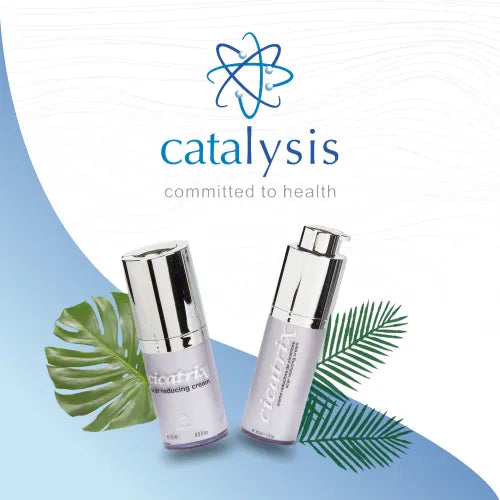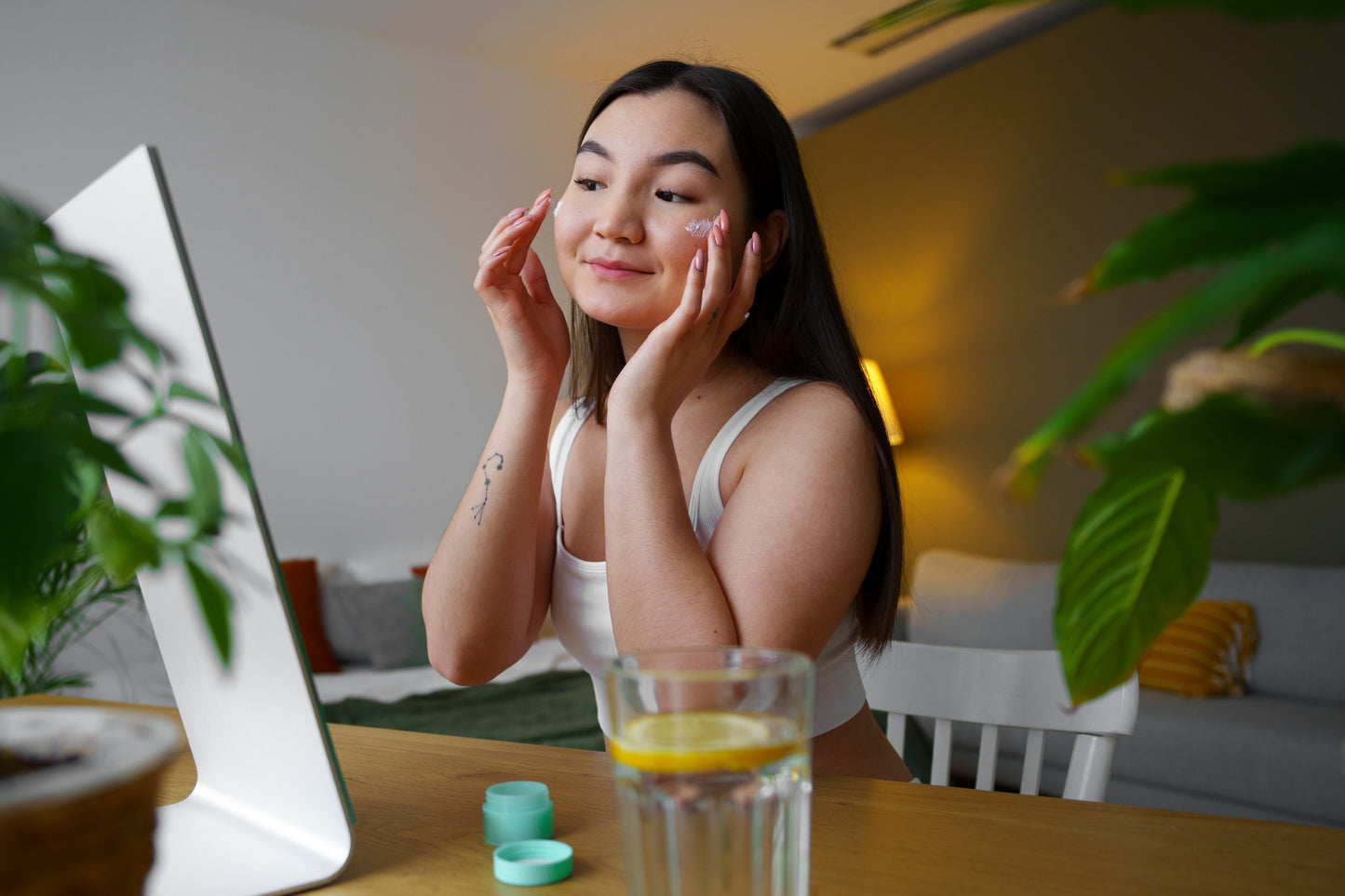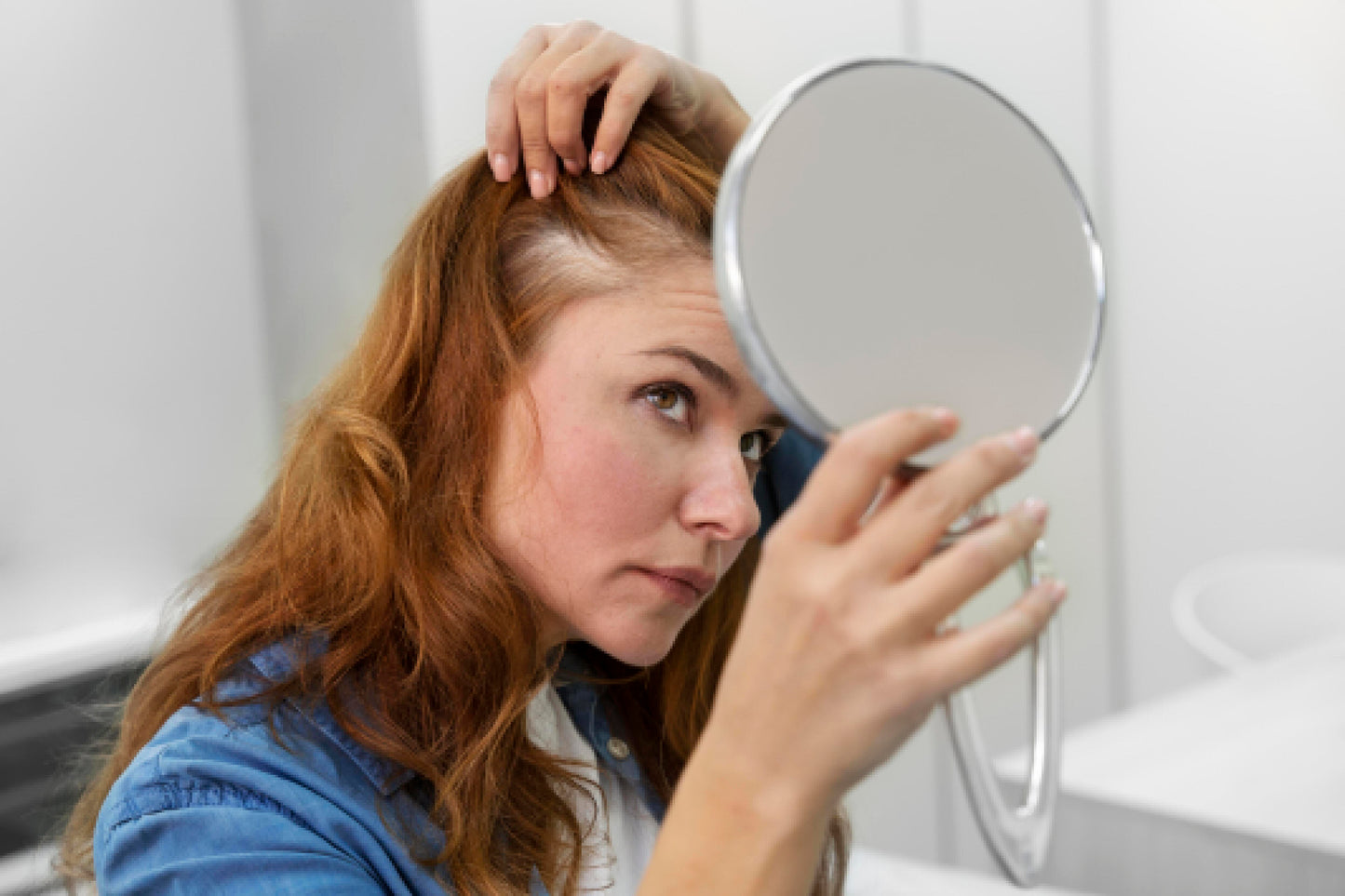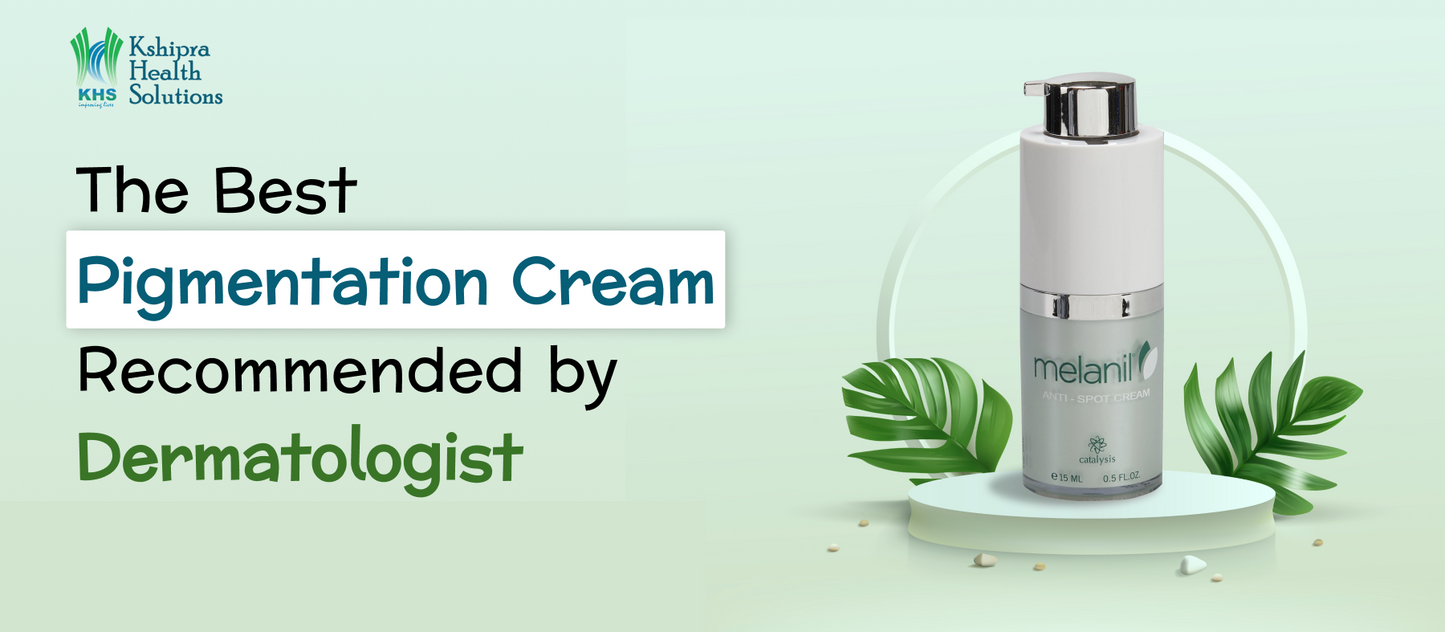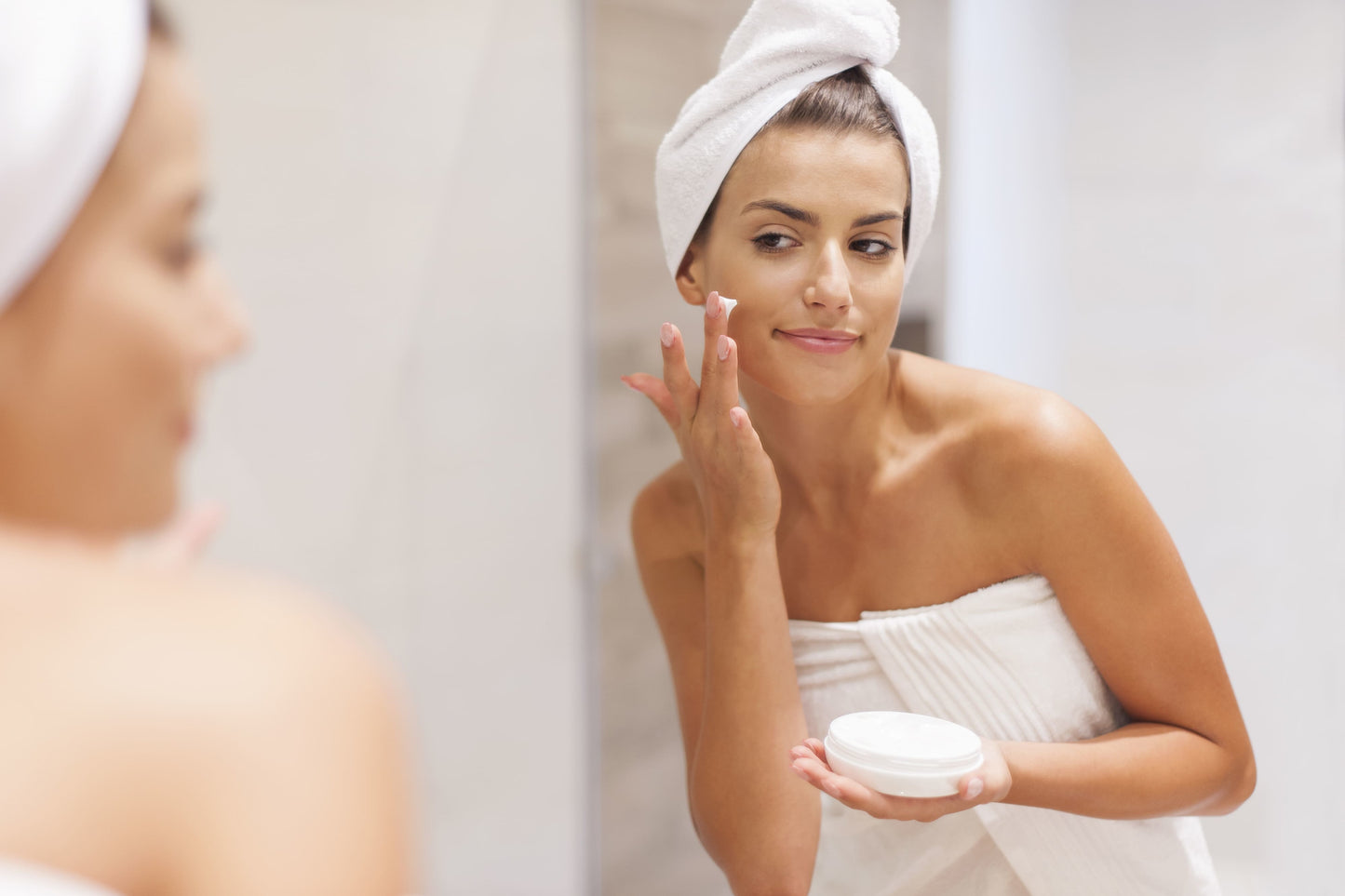
Everyone wants glowing, flawless skin. However, many of us find it difficult to achieve, especially if one has dry or excessively greasy and dull skin. Acne can sometimes be a symptom of a deeper problem that results in far more than just blemishes on the face.

Acne is not caused or prevented by food alone. The development of acne is multifactorial, usually influenced by genes, lifestyle, and diet. While some meals, such as dairy, sugar, and processed foods, are suspected of causing acne, research is still inconclusive on what foods cause acne. Though scientists have looked into a few potential triggers so far.1
Can diet affect acne?
The diet can influence sebum production in the skin, hormone regulation, and inflammation, which contribute to acne. Certain foods that raise blood sugar quickly may also worsen acne.2
When the blood sugar levels rise quickly, the body releases the hormone insulin. Excess insulin in the blood might cause the oil glands to create more oil, raising the risk of acne. Some foods that cause insulin rises include sugar, white rice, and white bread. These foods are classified as “high-glycemic” carbohydrates because of their insulin-producing properties.2
In addition, the association between western diet and acne has also been evaluated. This diet is primarily based on high-glycemic carbohydrates, dairy food, saturated and trans-fat. These foods stimulate the synthesis of hormones that cause oil glands to produce and secrete excessive amounts of oil.3
With so much uncertainty surrounding the effects of the diet on acne, it can be hard to know which foods to try and which to avoid. Some foods depending on their vitamin, mineral, and nutrient content, can help promote healthy skin.
- A low glycaemic diet
A low-glycemic diet might, or low in simple sugars can prevent and improve acne. Most fresh vegetables, some fresh fruits, legumes, and steel-cut oats are low-glycemic foods. In a study, 2,258 patients were placed on a low-glycemic diet. This diet also reduced their acne, with 87% of patients reported less acne, whereas 91% reported that they required less acne medication. 2, 4
- Antioxidants and omega-3 fatty acids
Also known for their anti-inflammatory properties, antioxidants can have a beneficial effect on acne. In addition, eating healthy foods high in antioxidants can fight free radicals, and oxidative stress within the body can calm down acne.1
Omega-3 fatty acids are found in a variety of plants and animal protein sources, including fish and eggs. Omega-3 fatty acids and antioxidants are known to work together to decrease inflammation. Many nuts, like walnuts and almonds, are high in omega-3 fatty acids as well as zinc that can help fight inflammation. Studies have found a link between an increase in omega-3 and antioxidant consumption and a reduction in acne. 1, 4
- Vitamins A
In a recent study, researchers found that low levels of vitamins A and E also seem to be linked to severe cases of acne. They suggest that people with acne may be able to lessen the severity of their acne by increasing their intake of foods containing these vitamins. Foods rich in vitamin A include oily fish, such as herring and salmon, beef liver, eggs, yellow-orange plant foods, such as sweet potato, carrot, and squash.4, 5
- Zinc
Zinc is a dietary mineral essential in skin development as well as regulating metabolism and hormone levels. According to studies, eating foods rich in zinc may help prevent and treat acne by reducing levels of the bacteria that cause acne (Cutibacterium acnes) and may also decrease sebum production. Foods that are rich in zinc include pumpkin seeds, cashews, beef, quinoa, lentils, and seafood.1, 4
In one study published in the BioMed Research International Journal, researchers investigated the relationship between zinc levels in the blood and acne severity. Low zinc levels were associated with more severe occurrences of acne. They recommend increasing the quantity of zinc in the diet to 40 milligrams/day for treatment of those with severe acne. 4
- Probiotics
Probiotics, often known as good bacteria, are hypothesized to have beneficial effects on the gut. According to an article published in the International Journal of Women’s Dermatology, these beneficial bacteria may lower inflammation to help prevent acne, and when added to the fermentation process to turn milk into yoghurt, they may also decrease levels of the growth factor contained in milk, called Insulin Growth Factor-1.1
It is also beneficial to eat whole, nutritious foods, including 6
- Vegetables: broccoli, spinach, kale, peppers, zucchini, cauliflower, carrots, beets, etc.
- Fruit: berries, grapefruit, oranges, apples, cherries, bananas, pears, grapes, peaches, etc.
- Whole grains and starchy vegetables: Quinoa, butternut squash, farro, brown rice, oats, buckwheat, etc.
- Healthy fats: whole eggs, olive oil, avocados, nuts, seeds, nut butter, coconut oil, etc.
- Plant-based dairy alternatives: cashew milk, almond milk, coconut milk, coconut yoghurt.
- High-quality protein: salmon, tofu, chicken, turkey, eggs, shellfish, etc.
- Legumes: chickpeas, black beans, lentils, kidney beans, etc.
- Anti-inflammatory herbs and spices: turmeric, cinnamon, black pepper, parsley, garlic, ginger, cayenne, etc.
- Unsweetened beverages: water, sparkling water, green tea, hibiscus tea, lemon water, etc.
According to the American Academy of Dermatology (AAD), a dietary change can take up to 12 weeks to have a noticeable effect on the skin.7
Along with marinating dietary habits, here are some things that can be done — and what shouldn’t:8
- Do not pop or pinch pimples — it can make it more reddish and swollen and cause scars.
- Do not scrub the skin too hard — it irritates the skin.
- Do not use greasy makeup or oily hair products — block oil ducts and make acne worse.
- Learn how to handle stress —stress and anxiety can cause pimples.5
Conclusion:
Although some research suggests that specific meals can aid acne and skin health, conclusive research is needed. Eating a clean, balanced diet rich in fresh fruits and vegetables, good protein sources, and other anti-acne foods appears to be the best diet advice. Dietary changes alone will not clear up acne breakouts, and it is also important to follow a regular treatment routine.
References:
- 8 Diet Dos and Don’ts for Preventing Acne, Available at: https://www.everydayhealth.com/acne-pictures/acne-diet-dos-and-donts.aspx, Accessed on 23rd, June 2021
- Can the right diet get rid of acne?, Available at: https://www.aad.org/public/diseases/acne/causes/diet, Accessed on 23rd, June 2021
- Anti-Acne Diet, Available at: https://www.healthline.com/health/anti-acne-diet#how-diet-affects-the-skin, Accessed on 23rd, June 2021
- Anti-Acne Diet, Studies, Available at: https://www.healthline.com/health/anti-acne-diet#studies, Accessed on 23rd, June 2021
- Vitamin A for acne: Does it work?, Available at: https://www.medicalnewstoday.com/articles/vitamin-a-for-acne#forms, Accessed on 23rd, June 2021
- The Best Diet and Supplements for Acne Vulgaris (Hormonal Acne), Available at: https://www.healthline.com/nutrition/hormonal-acne-diet#foods-to-eat-and-avoid, Accessed on 23rd, June 2021
- Can dietary changes help acne?, https://www.medicalnewstoday.com/articles/322639, Accessed on 23rd, June 2021
- American Academy of Pediatrics, Acne: How to Treat and Control It, Available at: https://pags.com/Acne-How-to-Treat-and-Control-It, Accessed on 23rd, June 2021
